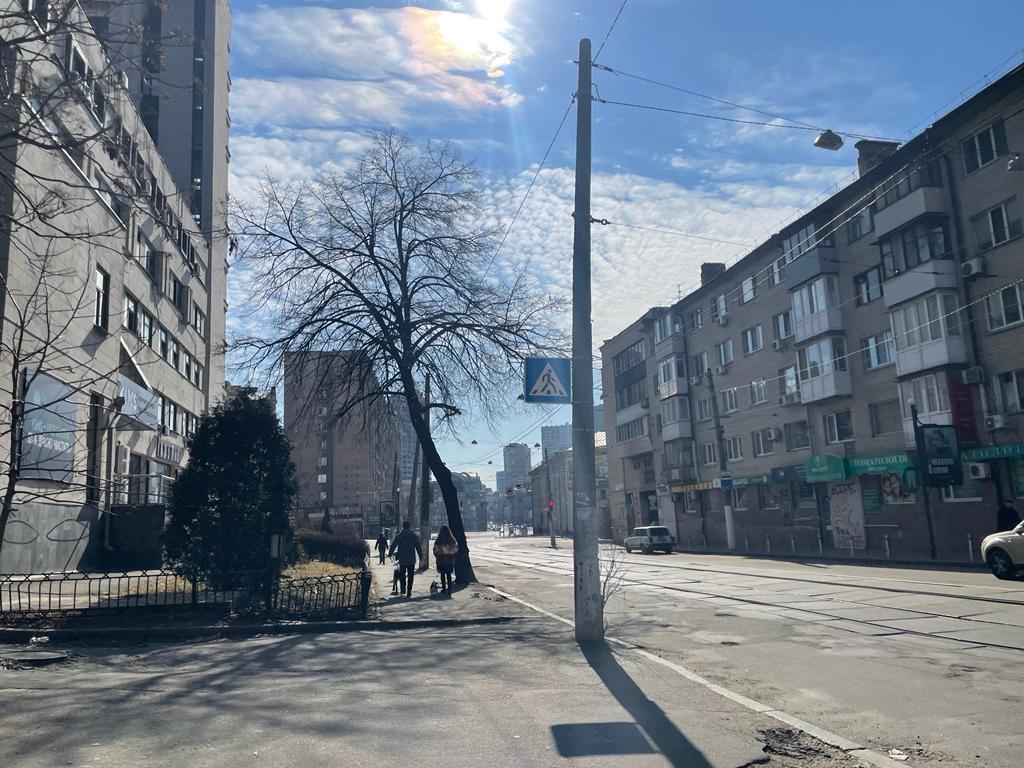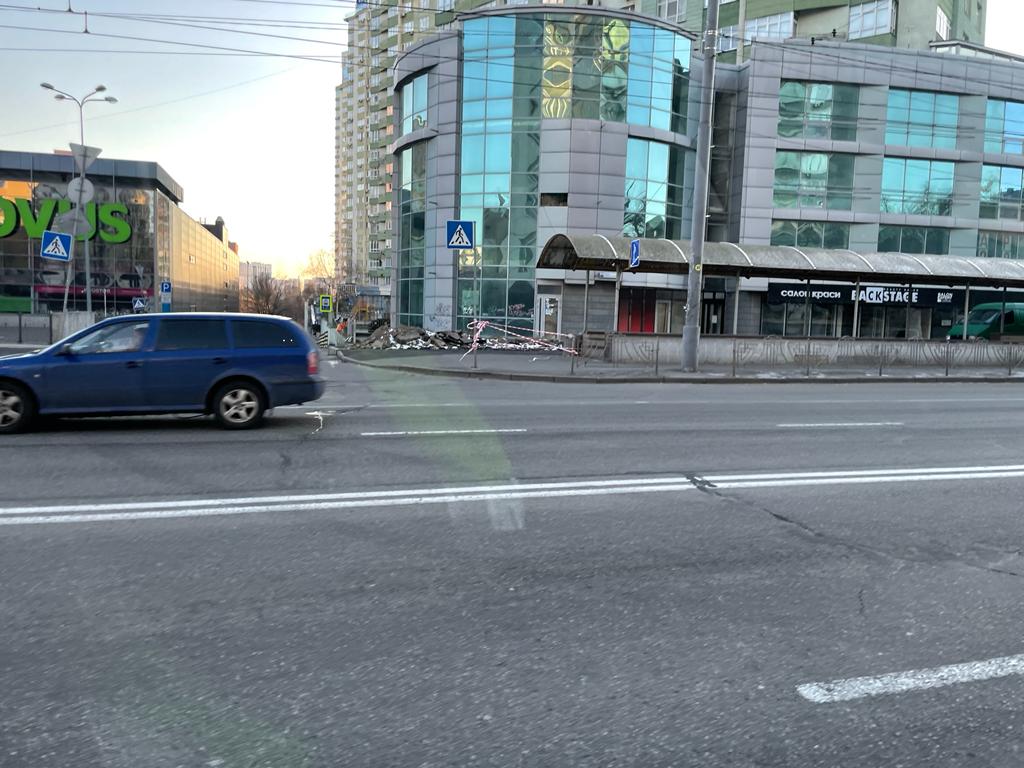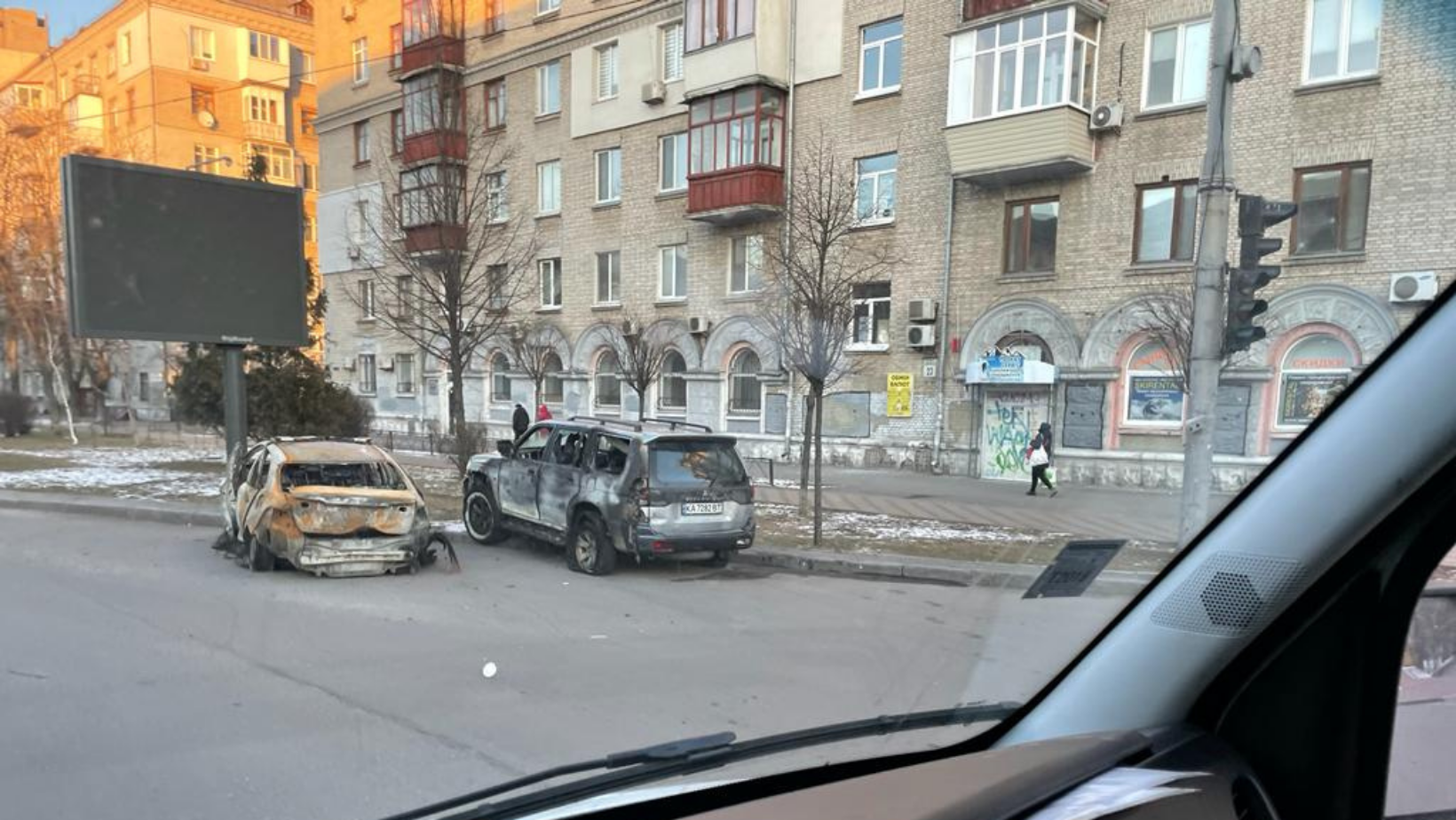Managing Evacuations in the Ukraine
The Halliday Finch team have been working in the Ukraine since the Russian invasion began, providing resources to people who decided to remain and evacuating people who wanted to leave. You can read more about our work here.
As one of the few security organisations remaining in Ukraine, we were uniquely positioned to provide this assistance. Bringing to bear decades of experience in risk analysis, risk mitigation and close protection.
Through our helpline crisisteam@hallidayfinch.com we received requests to assist with the evacuation of people and their family members from some of the worst hit areas. The extractions were co-ordinated by our team on the spot and supported with intelligence from our 24-hour operations centre.
The Challenge
Our team faced many challenges, including restrictions on movement because of the curfews, Google Maps having a bout of unreliability and roadblocks and checkpoints blocking passage.
Individuals were difficult to locate, some were suspicious of revealing their location to anyone out of fear, some had moved to the designated shelters to take cover or were in hiding.
All of this was happening at a time when evacuation requests were reducing as many of the Ukrainian people were refusing to leave, either because they did not want to leave family and friends, or because they had decided they wanted to stay and fight.
As time pressed on extraction of evacuees from Russian held territory or heavily contested areas such as Pipky, Chernihiv, Zabuchcha, Irpen, Severdonetsk, Slavyansk and Kramatorsk became much more complex and difficult.

Making contact
Once the identity of the evacuees was made known to us, our first challenge was to make contact and begin to build a relationship. In many cases people were terrified, they had never been in a war zone before and did not know what to do or who to trust. Our initial contact was often by text, moving to calls and then in person interactions. In cases where people were willing to leave, we provided emotional and logistical support and advice as they grappled with leaving behind their lives and belongings and moving into a new and totally unchartered chapter in their lives.
In situations where people decided to stay, the Halliday Finch team continued to provide security related advice, encouragement, prayers, and where possible supplies.

Managing the extractions
Our planning consisted of the following key pillars:
- Never an Empty van – We always took food and essentials into every location we were extracting from. We left stock for those left behind. Furthermore, we maintained a food and fuel stock at a central location in Kiev that could be called upon when needed.
- Timing – speed was of the essence, but never rush the movement, no matter how tempting it may be. Halliday Finch would ensure the balance between expediency and safety was maintained. In areas under artillery barrage we gave clear advice, in Ukrainian, to the would-be evacuees of how to stay safe during this tense period. We would wait for declared green humanitarian routes to be opened. Whilst we heard claims of Russian troops firing on the civilians trying to leave we only saw these corridors being honoured.
- Transportation – we would make sure we had the right transportation. We found minibuses to be the most practical. We would especially like to thank the Moldovan Cycling Federation for allowing us to rent their vehicle and drive in Ukraine. Most rental companies were refusing to allow their vehicles to cross the borders. Oftentimes when we arrived to collect evacuees, because we had a no charge for children policy, grandchildren were often included on the evacuation list. Only once their documentation had been verified confirming the relationships of the family members, was everyone evacuated.
- Routes– careful planning of the routes happened before and during any road move. We would think nothing of turning back and taking another route if our intelligence was good enough.
- Intelligence – we were constantly monitoring the strategic picture. Every move made by the military would affect our thinking and capabilities, so having access to information timeously was essential to our planning.
- Approvals and compliance – we would ensure that all travellers were compliant and able to travel.
Our approach
Halliday Finch has detailed knowledge of safety and security management in complex and hostile environments. Our team consists of security experts who are ex law enforcement officers or military personnel and have built relationships all over the world over many years.
Drawing on our special project and operations experience, specifically risk-based planning, journey management, situational awareness and in-country experience we were able to minimise risk by planning routes and working with trained drivers.
We would like to thank our amazing team on the ground, in Ukraine, for doing an incredible job, in a higher-than-acceptable risk environment. Their work has undoubtedly saved many lives.
If you would like more information about our ongoing work in the Ukraine or our other special projects and operations and how they can help secure your business and people, you can contact us here.

